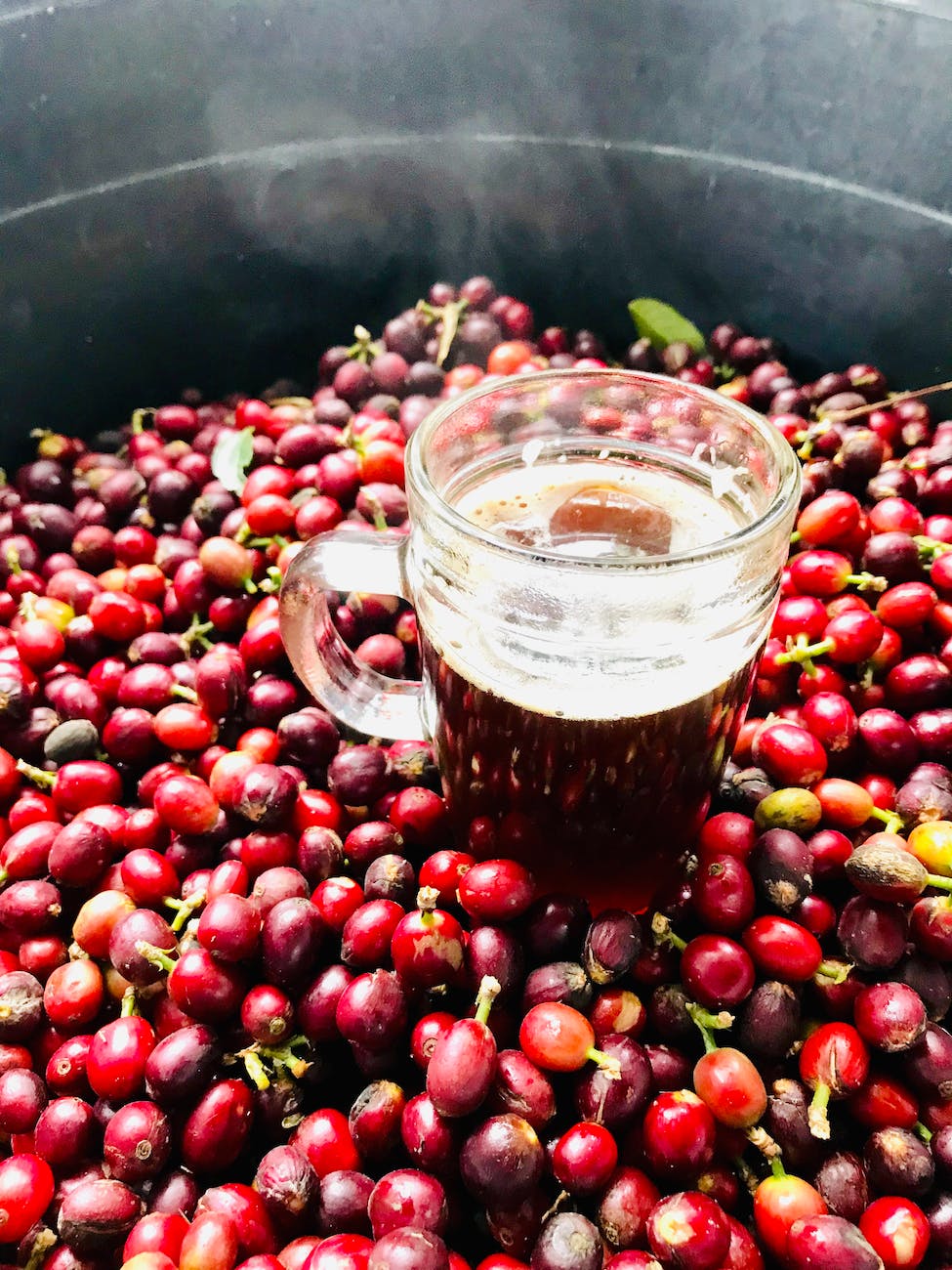
Lab-grown chicken has been at the forefront of the cultured meat revolution, with several companies making significant strides in its production and commercialization. Let’s delve deeper into the specifics of lab-grown chicken:
Why Chicken?
- High Demand: Chicken is one of the most consumed meats globally, making it a prime candidate for lab-grown alternatives.
- Versatility: Chicken’s culinary versatility means that a successful lab-grown version can be adapted to a myriad of dishes and cuisines.
Advancements in Lab-Grown Chicken:
- Market Introduction: Singapore made headlines by becoming the first country to approve the sale of lab-grown chicken meat. This marked a significant milestone, setting the stage for other countries to follow suit.
- Taste and Texture: Early adopters and culinary experts have noted that high-quality lab-grown chicken is virtually indistinguishable from its traditionally farmed counterpart. This is crucial for consumer acceptance.
Potential Uses of Lab-Grown Chicken:
- Fast Food Industry: With giants like KFC showing interest in lab-grown meat, there’s potential for lab-grown chicken to make its way into fast-food chains, offering a sustainable option for quick meals.
- Dietary Supplements: Lab-grown chicken can be tailored to create protein supplements or specialized foods for those with specific dietary needs.
- Culinary Schools: As a novel ingredient, culinary schools can introduce courses focusing on the best ways to cook and present lab-grown chicken, fostering innovation in the next generation of chefs.
Challenges Specific to Lab-Grown Chicken:
- Public Perception: While lab-grown beef or pork might be seen as addressing the environmental impact of large livestock, chicken farming is often viewed as less harmful. Convincing consumers of the need for lab-grown chicken based on ethical reasons becomes crucial.
- Price Point: Chicken is generally cheaper than other meats. For lab-grown chicken to be competitive, production costs need to be reduced significantly.
FAQ Section:
1. What is lab-grown chicken, and how is it different from traditional chicken? Lab-grown chicken, often termed as cultured or cell-cultured chicken, is produced by cultivating chicken cells in a controlled environment. Unlike traditional chicken, which is raised and then slaughtered, lab-grown chicken is developed from a small cell sample, eliminating the need for animal farming.
2. How does the taste of lab-grown chicken compare to regular chicken? Many taste tests and culinary experts have noted that high-quality lab-grown chicken closely mirrors the taste, texture, and appearance of traditionally farmed chicken, making it a promising alternative for various dishes.
3. Are there any health concerns associated with consuming lab-grown chicken? Lab-grown chicken is produced under stringent safety and quality control measures in sterile environments. This controlled production can reduce the risk of contamination from pathogens, making it a potentially safer option. However, as with any new food product, continuous research and monitoring are essential.
4. Why might someone choose lab-grown chicken over traditionally farmed chicken? There are several reasons, including ethical considerations related to animal welfare, environmental benefits such as reduced greenhouse gas emissions and resource consumption, and potential health and safety advantages due to controlled production environments.
5. How does the environmental impact of lab-grown chicken production compare to traditional chicken farming? Lab-grown chicken production is generally more environmentally friendly, requiring less land, water, and resources. It also promises reduced greenhouse gas emissions, positioning it as a sustainable alternative to traditional chicken farming.
6. When can we expect lab-grown chicken to be widely available in supermarkets and restaurants? Lab-grown chicken is gradually making its way into the market, with some countries like Singapore already approving its sale. As production scales up and costs come down, we can anticipate broader global availability in the coming years.
Conclusion:
Lab-grown chicken represents a fusion of science, ethics, and culinary potential. As technology advances and the production process becomes more refined, it’s poised to play a pivotal role in the future of poultry consumption. Whether it’s in our favorite comfort foods or gourmet dishes, lab-grown chicken is set to make its mark in the culinary world.
Explore More on Lab-Grown Meat:
Dive deeper into the world of lab-grown meat with our comprehensive series of articles. Whether you’re curious about the science, the culinary potential, or the broader implications, we’ve got you covered:
- Lab-Grown Meat: Pros, Cons, and Potential Applications: Delve into the advantages, challenges, and diverse uses of this groundbreaking food technology.
- Zooming In: Lab-Grown Chicken: Get an in-depth look at the journey of lab-grown chicken, from its cellular beginnings to its culinary potential.
- Lab-Grown Chicken: From Cells to Supper: Explore the intricacies of producing chicken meat in a lab and its implications for the future of dining.
- Lab to Table: The Revolutionary Rise of Cultivated Meat: Chart the evolution of lab-grown meat and its transformative impact on the food industry.
Stay informed and join the conversation as we navigate the future of food, one cell at a time.
Blog Tags: Lab-Grown Chicken, Cultured Poultry, Sustainable Meat Production, Future of Food, Ethical Meat Consumption, Environmental Impact, Food Safety, Culinary Innovations, Lab Meat Market Trends, Consumer Acceptance, Chicken Farming Alternatives, Cell-Cultured Meat, Poultry Innovations, Lab-Grown Meat Benefits













